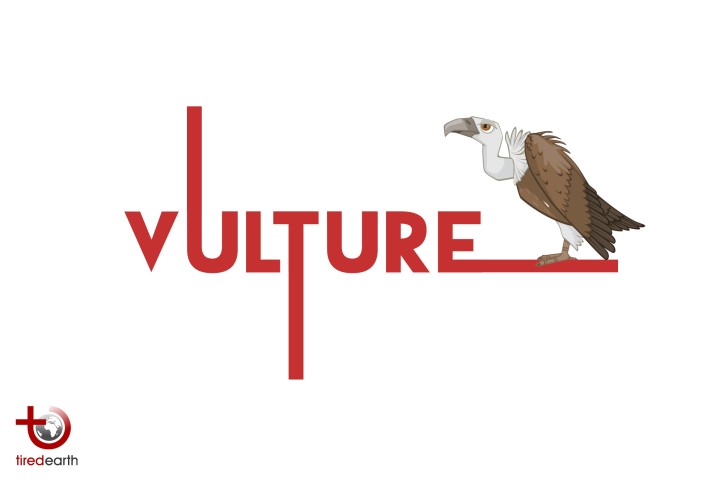Vehicle Collisions
Vultures often feed on animals that have been killed by vehicles, but when a vulture feeds, it gorges, which makes it slow and clumsy to take off when other vehicles approach. Careless drivers kill many vultures, which unfortunately only compounds the problem as even more birds will visit the site of the carcasses to feed, and several birds may be killed in the same area in just a short period of time.
Electrocution
Vultures have wide wingspans and a soaring flight pattern, which makes them vulnerable to colliding with power lines. If their wings contact two wires at once – which can happen easily as most vultures have wingspans over six feet in length – the birds are electrocuted. Sparks can then cause wildfires or power outages.
Starvation
The idea that road kill and other carcasses are dirty has led to many campaigns to keep nature clean of such unsightly messes, but this attitude forgets that vultures themselves are nature’s own cleanup crew. By removing carcasses and disposing them in landfills or sealed containers, vultures are not able to feed as easily, and they must expend even more energy searching for other food sources.
How You Can Help
Fortunately, it can be easy to help vultures, and simple steps can prevent needless bird deaths or suffering.
If you hunt, avoid using lead ammunition whenever possible, and always retrieve your spent ammunition rather than leaving it where birds can consume it.
Slow down when driving near roadside birds, or carry a pair of heavy gloves in your car so you can move road kill further away from speeding vehicles.
Support environmental groups that lobby for better controls of hazardous chemicals such as pesticides and herbicides, and encourage your elected officials to support less toxic solutions.
Encourage your local power company to increase power line visibility with small beacons or accents that can help the birds avoid collisions, particularly in areas with many raptors and vultures.
Support captive bird breeding programs and other conservation initiatives working with vultures either by donating to appropriate organizations or offering volunteer services.
Celebrate International Vulture Awareness Day and help spread the word about how unique, interesting and ecologically important vultures can be so others will join in these birds’ conservation.
Vultures are more important than many people realize, but these stately birds face a wide range of ominous threats. By understanding the threats to vultures and what you can do to help them, you can make a difference for vulture conservation.



